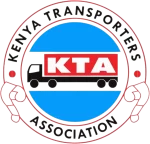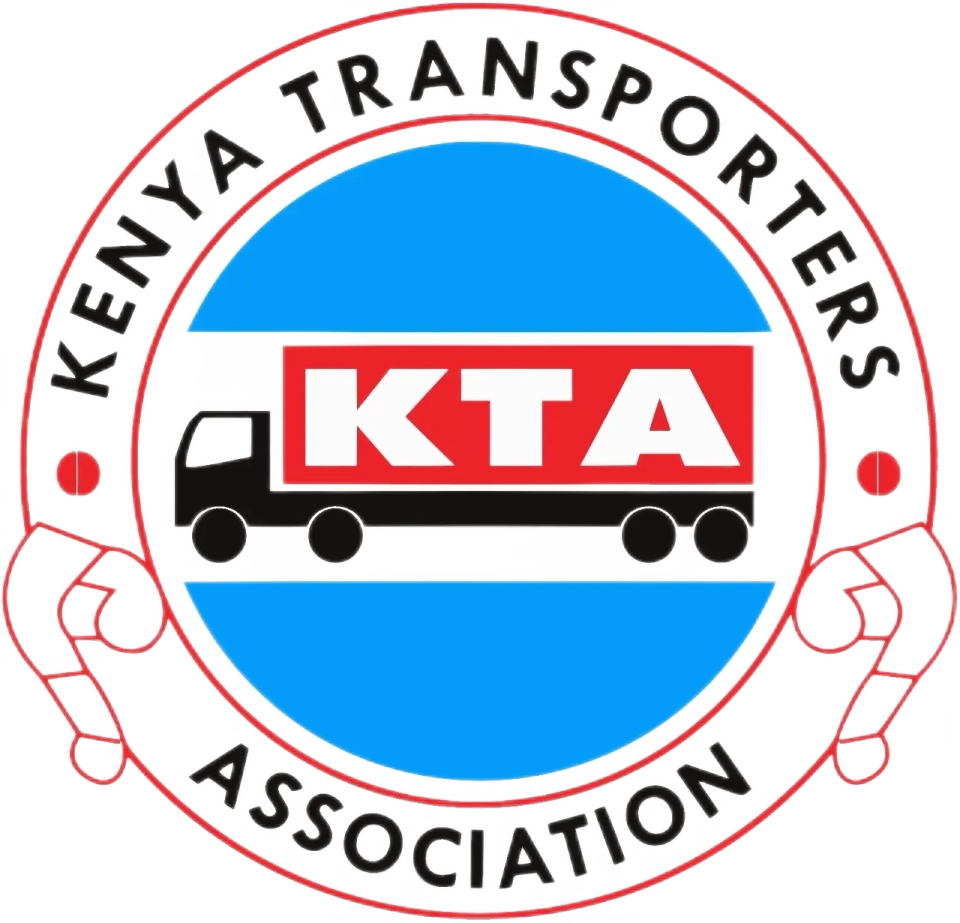Advocacy Impact
- Vehicle Load Control Self-Regulatory Charter (2014): KTA, in collaboration with other agencies, signed this charter, compelling our members to adhere to Axle Load Limits specified in The East Africa Community Vehicle Load Control Act, 2013. Compliance rates among members have reached an impressive 99%, significantly reducing penalties.
- Free COVID-19 Testing for Commercial Truck Drivers: While neighboring East African countries charged for COVID-19 testing, KTA successfully lobbied for free testing for commercial truck drivers in Kenya. This initiative prioritized driver health and safety during the pandemic.
- Zero-Rated VAT Status for Kenyan Exports: KTA joined forces with stakeholders to advocate for retaining zero-rated VAT status for transportation services related to Kenyan exports. This prevented an increase in transportation costs for locally made products.
- Streamlining Port Processes: KTA’s advocacy led to the removal of physical inspections for KTA member trucks before issuing port passes and granting entry to the port. This streamlined operations and reduced delays.
- Influencing Commercial Vehicle Regulations: KTA actively participated in reviewing the proposed Commercial Vehicle Regulations Act by the National Transport and Safety Authority (NTSA).
- Enhanced Visibility and Public Participation: KTA engaged with various government agencies during policy formulation, ensuring that transport-related policies consider the association’s perspective. The involvement has increased transparency and accountability. KTA is highly regarded by other stakeholders and government agencies, reinforcing our position as a key player in Kenya’s transport sector.
- Advocacy for Improved Roads and Weighbridge Conditions: KTA successfully advocated for better road infrastructure and weighbridge conditions, enhancing overall transport efficiency.
- Reducing Roadblocks: KTA’s persistent efforts led to the removal of unnecessary roadblocks on major highways. This has positively impacted the flow of goods and services across the country.
- Strategic Deployment of Secretariat Staff: To address members’ issues promptly, KTA deployed additional secretariat staff at critical locations, including the Port of Mombasa, Malaba, Busia, and Nairobi.
- Promoting Professional Standards: KTA members adhere to the association’s Code of Conduct, emphasizing professionalism and ethical practices within the transport industry.
- Halting Forceful Railage of Transit Cargo: KTA collaborated with industry stakeholders to prevent the forceful railage of transit cargo to Naivasha and South Sudan-bound cargo to Nairobi Freight Terminal.
- Challenging Forceful Railage of Local Cargo: KTA, alongside other stakeholders, instituted legal proceedings against the forceful railage of local cargo to Nairobi.
- Extended Validity of Authority Letters for Local Goods: KTA’s advocacy led to the extension of authority letter validity for carrying local goods on transit trucks. These letters are now granted for 12 months, aligning with the Transit Goods License duration.
- Height Tolerance for Shipping Containers: KTA’s lobbying efforts secured a temporary height tolerance for standard 40-feet high cube shipping containers on standard trucks (up to 4.5 meters). This facilitates smoother transportation.
- Weight Tolerance and Dual Weighing: KTA advocated for a 5% tolerance on axle load and variance of up to 200 kgs above permissible load on Kenya National Highways Weighbridges. Transit trucks are now weighed both at the start of the journey and the point of exit.




